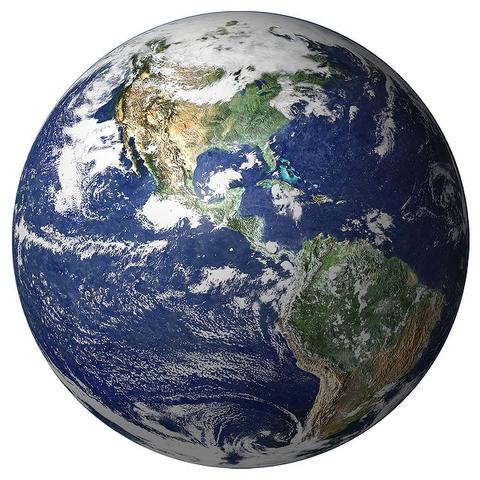
Environmental Hydrology-Hydrogeology-Geochemistry course (HHGE)
This master's degree course in the environmental field in Paris focuses on the physical and biogeochemical functioning of continental and coastal environments: hydrosystems, soils and sediments. Within the STePE specialization, training in various disciplines begins in the first year of the master's program. These disciplines include fundamental knowledge of water sciences, hydrology, hydrogeology, geophysics, solid-solution interface chemistry, mineralogy, microbiology and ecotoxicology. Major environmental issues concern the management of natural water and mineral resources, the biogeochemical cycles of nutrients (C, N, P, S, etc.) and organic and inorganic pollutants, and the bioremediation of pollution.
Objectives
The HH-GE pathway trains students for careers in research, teaching, industry or administration in the environmental sciences, for the protection of natural resources.
Particular focus is placed on current hydrological and geochemical issues such as water resource management, (bio)remediation of current and past soil and water pollution, development and management of industrial and mining sites, waste treatment, waste recycling and inerting, the downstream nuclear cycle, and the sustainable exploitation of mineral resources.
Program
In M1, part of the teaching is common to STEPE (UE noted* below). Other courses are specific to HHGE. Some courses are optional. A two- to three-month internship in a laboratory or company completes M1.
In M2, 10 UE can be chosen from the 15 UE in HHGE. A five- to six-month internship in a laboratory or company completes M2.
UE M1: Fluid-rock field internship; Environmental chemistry; Environmental microbiology; General hydrology; Territorial biogeochemistry; Experimental project; Hydrology field internship; Soils; In-depth hydrogeology*; Geochemistry*; Geomorphology*; Mineral and energy resources*; Environmental law*; Modeling*; Geographic information systems*; Statistics*.
UE M2: Physico-chemistry of soils, water and sediments; Biogeochemistry of organic matter; Organic contaminants; Trace element speciation; Basics of ecotoxicology; Bioremediation of environments, water treatment; Geochemical models; In-depth hydrogeology; Quantitative hydrogeology; Hydrological modeling; Hydrogeological modeling; Geochemical tracers; Hydrogeophysics; Field internship.
Job opportunities
This training offers access to academic or industrial research careers in the field of resource and environmental protection.
Issues related to the exploitation of water and mineral resources and environmental protection in developing countries and overseas are also addressed through the teams at the Institute for Research and Development. By integrating regulatory and applied aspects, this course also prepares students for careers in risk management and the implementation of remediation processes for industry and local authorities.
Contacts
School
Annick Soutarson
Campus Pierre et Marie Curie
Département de SDUEE
Tour 46/00 - 1er étage - porte 107
Case courrier 210
4 place Jussieu
75005 Paris
